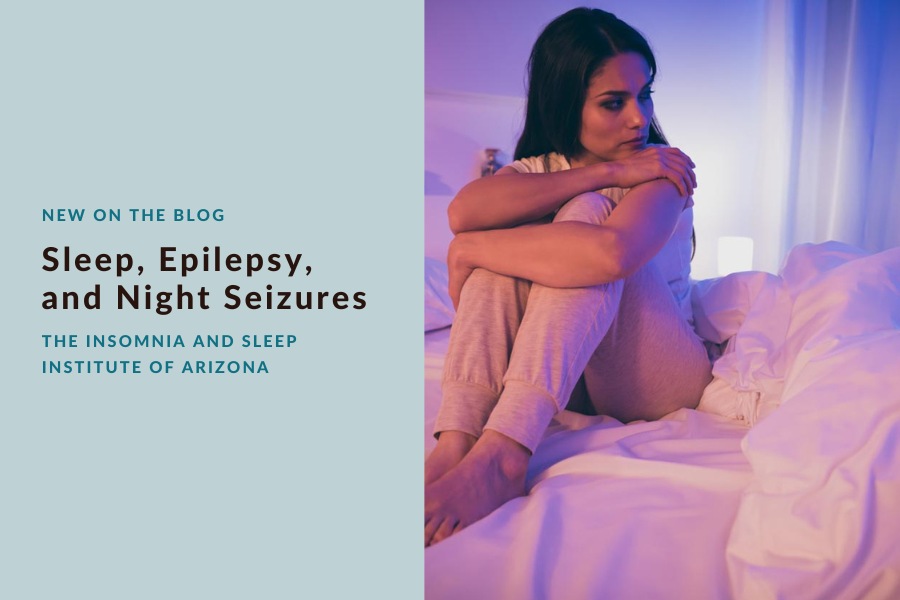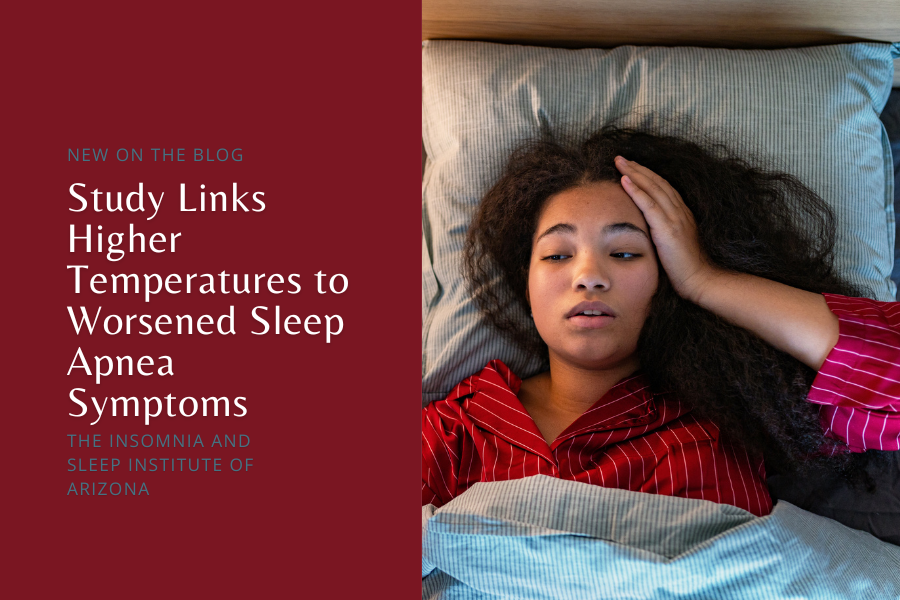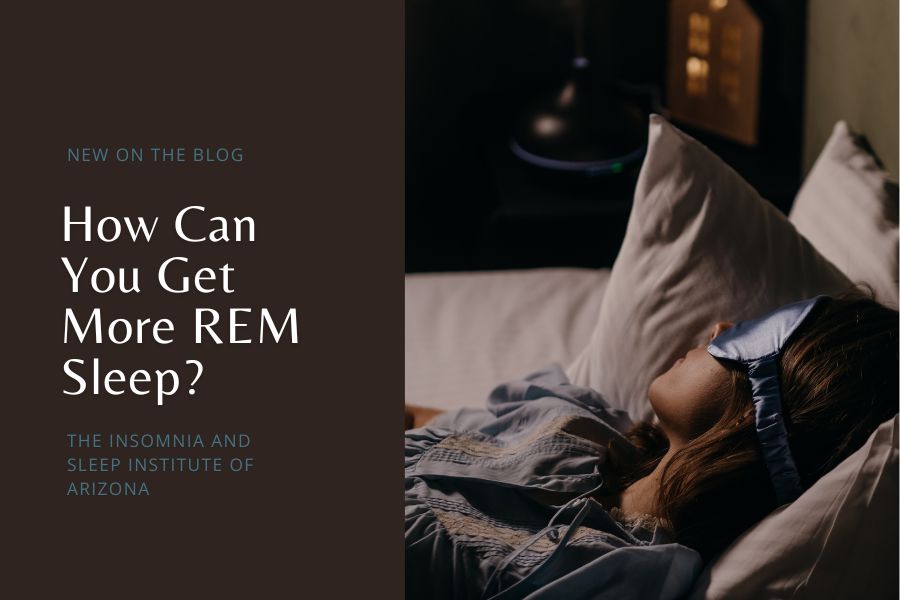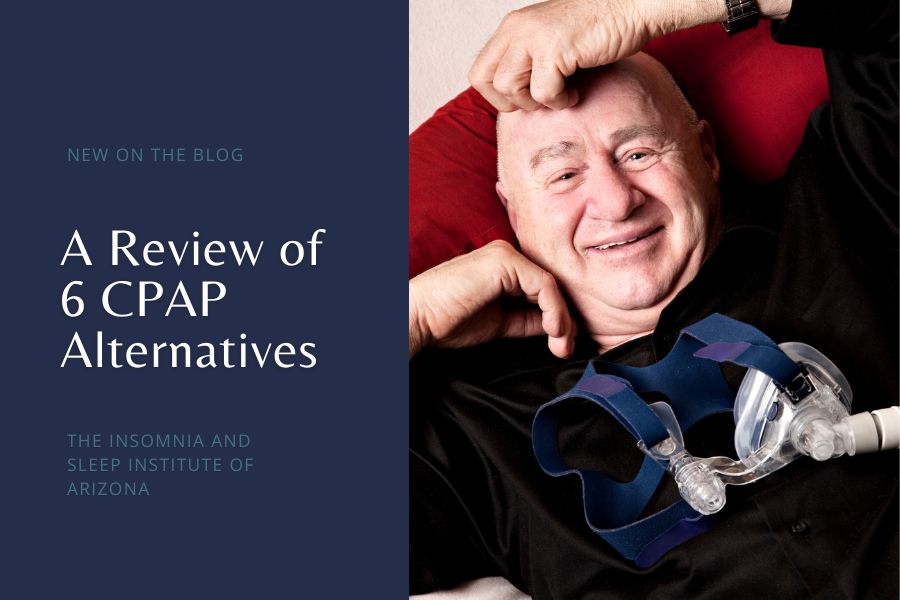The connection between epilepsy and sleep is complex and deeply intertwined. Sleep deprivation can provoke seizures, while seizures themselves often disrupt sleep patterns. Recognizing this relationship is essential for understanding how epilepsy can impact restful sleep.
While addressing sleep challenges remains the primary focus at The Insomnia and Sleep Institute of Arizona, the role of conditions like epilepsy in disrupting sleep cannot be overlooked.
Epilepsy inherently and negatively affects the sleep-wake cycle, which can make it a challenge to diagnose (particularly for those who do not have nocturnal seizures). However, at our clinic, patients immediately meet with a sleep expert during their initial consultation who can diagnose disorders, which informs testing and treatment.
Epilepsy and Sleep
Epilepsy presents as patterns of random seizure activity. Nobody knows exactly what causes epilepsy, though there are many theories. Those who have epileptic seizures struggle with a myriad medical, cognitive, and social challenges. There are different degrees of seizure activity, and many patients have seizures at nighttime—which will, of course, interrupt sleep.
A seizure happens when there is a quick shift in brain activity due to a surge in electrical activity. Seizures are sometimes called convulsions. This can present in many ways, from the person being suddenly silent and immobile to the more dramatic and volatile muscular contractions or the person being rendered unconscious.
There are also different types of seizures, all defined by the trigger and origin point. Common epilepsy triggers include stress, chronic fatigue, and sleep deprivation—which further underscores the link between epilepsy and sleep/sleep disorders.
Getting the Care You Need for Sleep and Epilepsy
The Epilepsy Foundation notes that “Seizures are very sensitive to sleep patterns. Some people have their first and only seizures after an ‘all-nighter’ at college or after not sleeping well for long periods.”
The frontal and temporal lobes of the brain are most affected by seizures, although the occipital lobe can also be affected at times. Most seizures last under two minutes, but they may begin as another type of sensation before the seizure begins (called an aura). However, the typically sudden onset of a seizure with no obvious warning is what makes sleep seizures a challenge to detect.
There are two primary types of seizures: generalized or partial. Generalized seizures happen on both sides of the brain and cause “post-seizure fatigue” or a postictal state.
A partial or focal seizure occurs on just one side of the brain, though it can happen in one or multiple areas of this half of the brain. A person experiencing a partial seizure is more likely to get a warning sign (though, of course, they won’t be aware of the warning if it occurs during sleep).
Epilepsy, Sleep, and You
Experts have known about the link between sleep and epilepsy since the 1800s, when seizures began to be documented as such. Sleep alone can trigger a seizure. The brain is famously quite active during sleep, as this is when big hormonal and electrical activity occurs.
Such activity can preface a nocturnal seizure. Research indicates that seizure activity typically follows a cycle, similar to circadian rhythms. Further, seizures can be informed by sleep stages and transitional stages. Most seizures happen during REM sleep, the deepest state of sleep.
Epilepsy will also inform and change sleep patterns. It has been shown to make falling asleep take longer, lead to more arousal events and wakefulness at night, lower quality sleep, and a reduction or break in REM sleep.
All of this together can add up to chronic sleep deprivation—otherwise known as insomnia. Since sleep disorders and epilepsy have a bidirectional relationship, it is not uncommon for epilepsy to be confused with sleep disorders or vice versa. This is why it is critical to get the right diagnosis.
Is it a sleep disorder like insomnia? Or is it epilepsy? Sometimes, it’s both. If you’re living with epilepsy, there’s a good chance you’re not getting the rest you need. Epilepsy can often lead to sleep disturbances, even insomnia.
And when your sleep suffers, it can make managing both conditions that much harder. This overlap can leave you facing not just fatigue but a higher risk for additional health concerns too.
To get the help you need, book a consultation with a sleep expert today. Call The Insomnia and Sleep Institute during clinic hours or, for the quickest response, complete the online contact form now.








